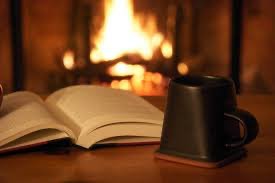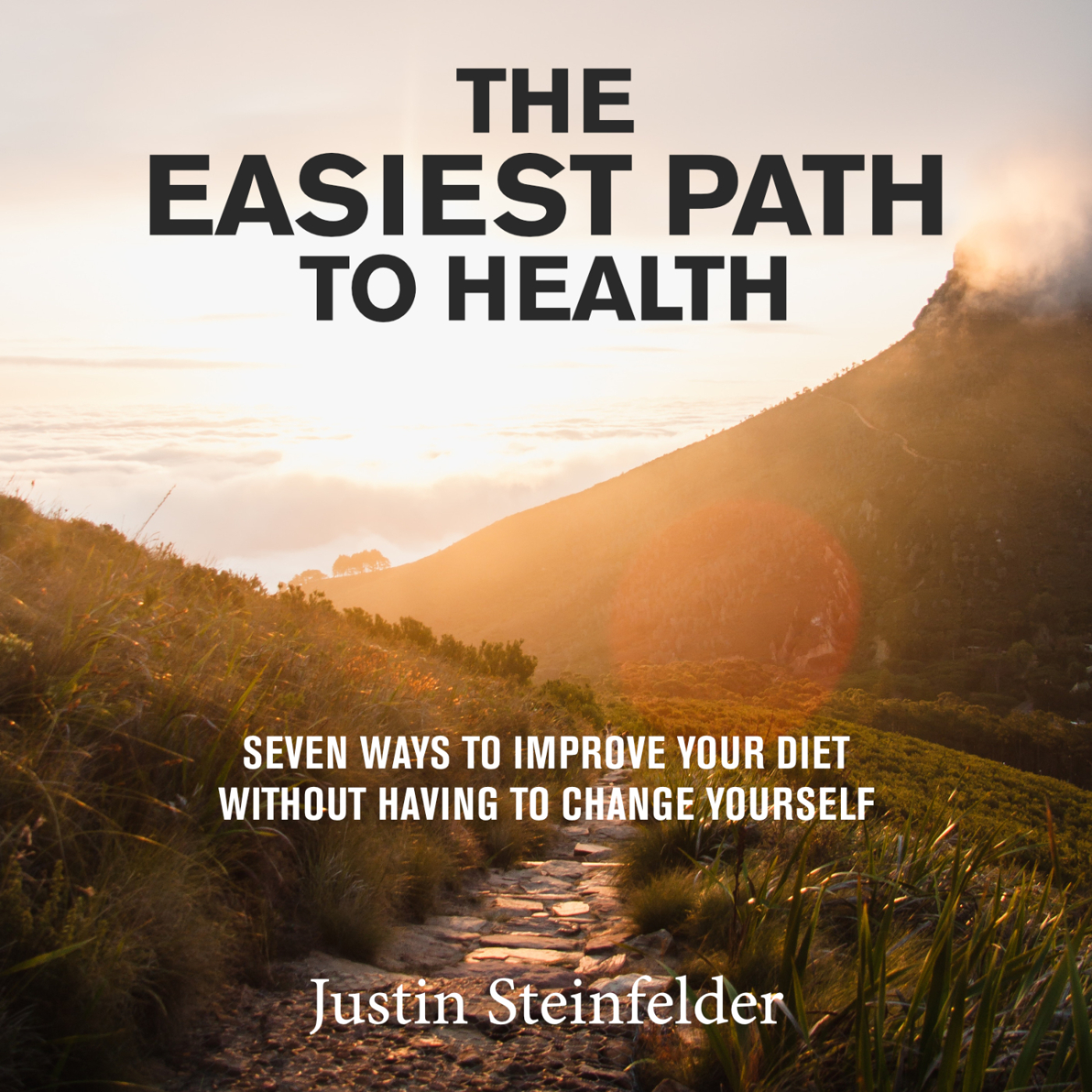For the most part, I dread packing to go home for the holidays.
Often, I put it off until the last minute, forcing upon myself tasks that I all of a sudden must get done before I leave. And even when I finally face the drudgery of deciding which things to take and start stuffing them in my suitcase, I find myself taking breaks every other minute to snack or look at my phone, or something, anything to replace this godforsaken labor.
That is, until I get to the last part. The part where I get to pick my books.
When I get to that last part my entire attitude changes. I become giddy, almost hopeful, as I may have 25 years ago, when it came to deciding which toys I would take to my grandparents’s home in Aventura. As Lloyd Christmas felt pumping his arms pesteringly in the Shaggin’ Wagon.

Now, I don’t want you to get the wrong idea.
Though an exuberance directs the tone, it is with a deliberateness and severity that I construct my holiday reading list. It’s a very serious matter. It must be strict but flexible. It must account for all possible states of mind and emotion. That’s a lot of pressure.
I USUALLY BRING SOMEWHERE BETWEEN 6-8 paperbacks, in addition to a few Audibles and Kindled editions, ensuring to mix different levels of reading density and subject matter. I like to have different books for different times of day and even moods in that day.
So maybe in the morning, when I’m fresh and alert and able to take on burdensome tasks, perhaps its some sort of philosophy or thick history book. Soemthing like Zen and The Art of Motorcycle Maintenance or Homo Deus or Finite and Infinite Games.
In the early afternoon, preceding my daily nap (i.e., I’m tired) I’ll go for a read of slightly less rigor— often with “how-to” in its title. Perhaps it’s Bird by Bird or Smarter Faster Better or How Not To Die, or How To Think
In the late afternoon, towards the ‘golden hour’ I am most creative and idealistic. For that time, I like to save books like Fallen Leaves or Gift From the Sea or What I Talk About When I Talk About Running.
Then just following that late-afternoon sit, I may take a pre-dinner walk. During that walk, the weather pleasant and mild, little movement in the neighborhood cul-de-sac, the voice of a similarly idealistic author works perfectly. Maybe Stephen Pressfield’s or Krista Tippett’s.
And finally, at night, in the hour or two before bed, I like to read stories. But while stories may connote novels or some sort of fiction to many, to me, it represents a broader set of books. Because what is a biography other than a narrative attempting to neatly assemble someone else’s, or your own, likely very messy life?
Not only is To The Lighthouse or Sherlock Holmes a story, but I also consider biographies, like I Know Why The Caged Bird Sings or Shoedog, or Between The World And Me, or non-fiction accounts like Endurance, or even histories, like The Sixth Extinction.
As the late, great Gore Vidal once wrote:
“But there is no history, only fictions of varying plausibility.”
And it’s stories, defined broadly, that I recommend below, as I find them to be the best fodder for the sitting-by-the-fire scene of the holiday season. I’ve included five different types of stories: Non-fiction Novel, History, Biogrpahy, Weaving Narritve, and Children’s Book.
Five Stories

In Cold Blood, Truman Capote, Non-fiction Novel
“I thought that Mr. Clutter was a very nice gentleman. I thought so right up to the moment that I cut his throat.”
WARNING: this book is the very definition of harrowing. So much so that although my preferred reading time for ‘stories’ are before bed, I was forced to read this book at mid-day in order to spare myself nightmares.
And it’s not just the subject matter of the book— the brutal murder of a Kansan family in the middle of the night— but the way it was conveyed and in the backgrounds and characters of the two killlers. At many points in the book, I found myself asking if these two men—who shot defenseless people through the head— really deserved to die.
Apprently, Truman Capote shared this feeling, as he seems to have befriended Perry Smith, one of the killers, over the course of writing the story. In fact, Capote, who lived and breathed this book and its characters over the course of four years, was said to have never been the same after its completion. Though Capote published it at the height of his abilities and celebrity, it was the last book he ever published until his early death.
Still, even with the eerie events of the book, I wasn’t able to put it down. I read it in 50-100 page sittings until it was done. The writing is as good as the story.
Read the book, then watch the two films made on the subject of the making of and the events surrounding the murders and Capote himself: Infamous (Toby Jones, Sandra Bullock, Daniel Craig) and Capote (Phillip Seymour Hoffman)

Guns Germs and Steel, Jared Diamond, Big History (Pulizter Prize Winner)
“All human societies contain inventive people. It’s just that some environments provide more starting materials, and more favorable conditions for utilizing inventions, than do other environments.”
This one isn’t easy. It’s a pretty dense book. And yet, I still felt, as I tend to feel with many history books (especially “big history” books) that it was written sufficiently like a narrative to warrant ‘story’ consideration. In this case, the story that Diamond tells is how it came to be that Eurasian societies dominated the world, and not African or aboriginal Australian, or Native American.
Diamond uses the history of agriculture, climate, and geography at his disposal to make the case that it was by dint of these contextual, non-human realities that lead to Euroasian dominance of the world, as opposed to any skill or intellect of the people themselves.
While I’m not sure If I agree with Diamond to the extent that he applies his argument, I do think this book is probably indispensable to anyone who wants to understand the arc of history.
I’d pair this one with books that Diamond’s Pulizter Prize winner apprently influenced like Sapiens and Homo Deus, as and Bryson’s, A Short History.

Becoming, Michele Obama, Biography
“For me, becoming isn’t about arriving somewhere or achieving a certain aim. I see it instead as forward motion, a means of evolving, a way to reach continuously toward a better self. The journey doesn’t end.”
What drove me to pick this book up?
I think it was due to the sicinerity I perceive in Michelle Obama along with the unique perspective she undoubtedly would have as someone coming from poor beginnings, and still making it to Harvard Law before meeting Barack.
What I was most struck by was the relatability of this book. While I’ve read bios by Barack or Teddy Roosevelt, I never really felt like I was much like them. Barack who would nightly read big thick texts of history, political theory and philosophy until the wee hours of the morning, or Roosevelt who hunted bears and buffalo and lead military battles—these guys aren’t me. But Michelle Obama was different.
She seemed a little more like an ordinary person, from modest means to impressive success. She’d go onto serve as a VP at the University of Chicago Medical Center long before Barack was a known entity. And I don’t mean success just in career, but she seemed to command more lofty, desirable virtues, at least for me. Things like conscientiousness, contemplativeness, and integrity.
I was comforted to hear that even she struggled with identity and ‘what she wanted to do when she grew up.’ That she toggled between working for money or doing something she believed in.
Pair it with Dreams of My Father and Audacity of Hope to get the full Obama package.

The Little Prince, Antoine de Saint-Exupery, Children’s Book, Philoisphy
“And now here is my secret, a very simple secret: It is only with the heart that one can see rightly; what is essential is invisible to the eye.”
In 1935, Antoine de Saint-Exupery crashed his plane in the middle of the Sahara Desert trying to break a speed record. He survived the crash but nearly died of dehydration until he was finally rescued by a Bedouin on a camel. And, fascinatingly, one thing to come out of that experience was a children’s book. Something about that just sounds too good to pass up.
I finally got around to this book after hearing about it from multiple sources over the couse of a decade. It didn’t dissapoint. I finished it in two days.
The simple, clear writing and fantastical story do a great job of not overdoing themselves. I didn’t find anything overly sentimental like I find in many children’s books. It just talks about complex concepts like work and love and dealing with people and loss and beauty, plainly and softly. It’s a nice place to visit for a few nights.

Figuring, Maria Popova, Philosophical Narrative
“Every voracious reader knows that there is no Dewey system for the Babel of the mind. You walk amid the labyrinthine stacks and ideas leap at you like dust bunnies drawn from the motes that cover a great many different books ready long ago.”
I will say much more about this book in an upcoming profile of its author— someone who’s impacted me in several ways over the last five years. It’s not at all an easy read (it’s over 500 pages), but it is an enjoyable, thought-provoking, and hopeful one. I’ll leave you with just a quote from the book’s opening:
Lives interweave with other lives, and out of the tapestry arise hints at answers to questions that raze to the bone of life: What are the building blocks of character, of contentment, of lasting achievement? How does a person come into self-possession and sovereignty of mind against the tide of convention and unreasoning collectivism? Does genius suffice for happiness, does distinction, does love?”
That’s all for now. Enjoy the fire, your books, and your family.
Happy Holidays and besos,
Justy


